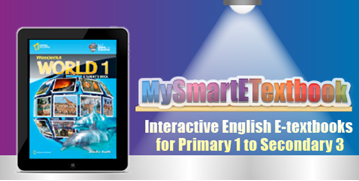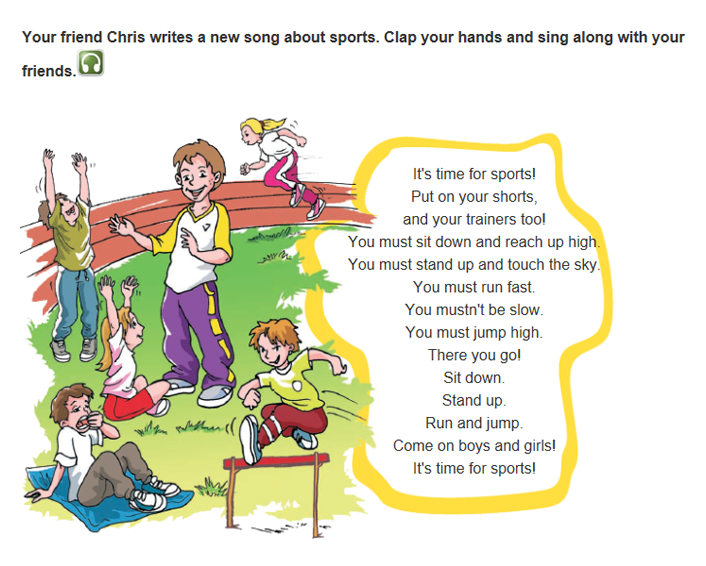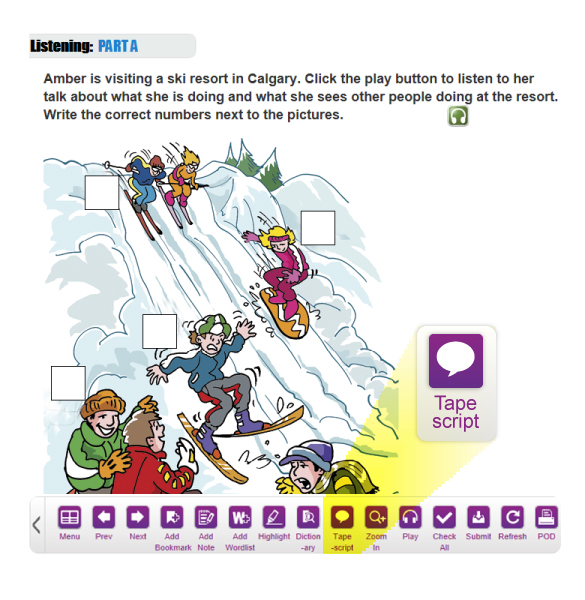To accelerate the development of electronic textbooks for primary and secondary schools in Hong Kong, EDB has introduced the E-Textbook Market Development Scheme (EMADS) in 2012. Smart Education was appointed as the ONLY e-textbook provider for the English Language subject for key stages 1 through 3.
 The Education Bureau of Hong Kong has launched the E-Textbook Market Development Scheme in 2012 to accelerate the development of electronic textbooks for primary and secondary schools in Hong Kong. Smart Education has been appointed as the only e-textbook developer in the English language subject, and is responsible for developing English-language e-textbooks for Primary 1 to Secondary 3 (i.e. Key stages 1 to 3). Smart Education further completed the first tryout of our e-textbooks with 8 pilot schools in Hong Kong, and also expanded
The Education Bureau of Hong Kong has launched the E-Textbook Market Development Scheme in 2012 to accelerate the development of electronic textbooks for primary and secondary schools in Hong Kong. Smart Education has been appointed as the only e-textbook developer in the English language subject, and is responsible for developing English-language e-textbooks for Primary 1 to Secondary 3 (i.e. Key stages 1 to 3). Smart Education further completed the first tryout of our e-textbooks with 8 pilot schools in Hong Kong, and also expanded
such e-textbook adoption in Macao.
Authentic & Engaging Content from National Geographic Learning
- Animated videos of exciting adventure cartoon stories and National Geographic stories;

- Various reading texts in different text forms, including cartoon stories in the form of comic strips, real-life stories or articles presented in magazine-style and other reading texts that students can relate to;
- Authentic texts based on National Geographic’s philosophy—”inspiring people to care about the planet” and helping students to understand people of all cultures and to learn about global issues;

- Relevant real-world content, including photography from the National Geographic archives, which provides motivation for students to think and learn about real issues and helps them to develop critical thinking skills;

- Contextualized vocabulary and grammar tasks that allow students to practice in the meaningful contexts;
- Topic-related listening and speaking tasks that allow students to practise vocabulary and grammar presented in the lesson;

- A strong writing syllabus that enable students to identify text types and write well from the start. Students are gradually introduced to the different text types and text forms, and are supported in their efforts to build knowledge of the text structure and language features of specific texts;




